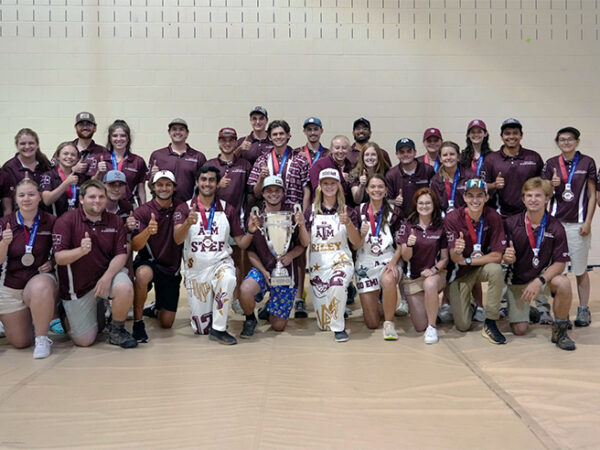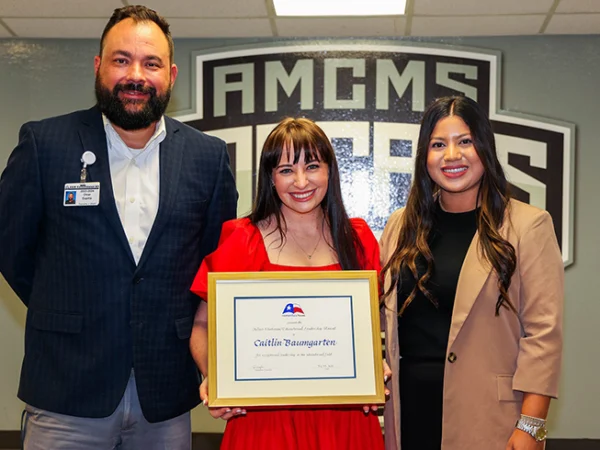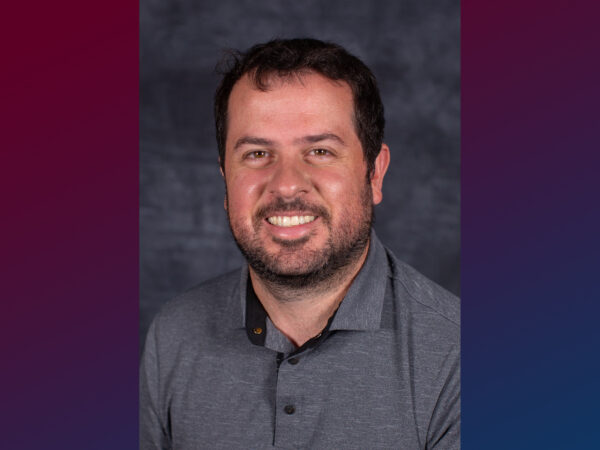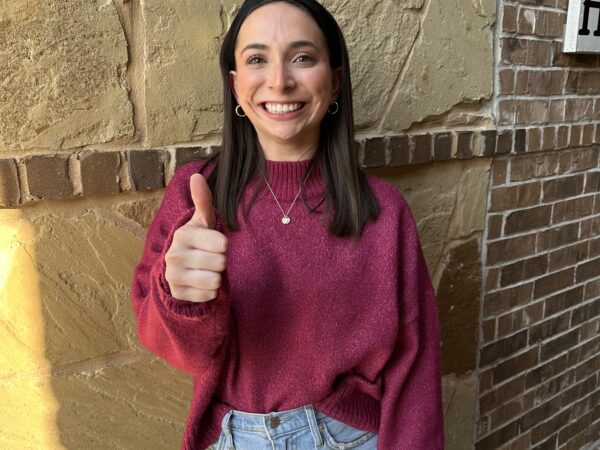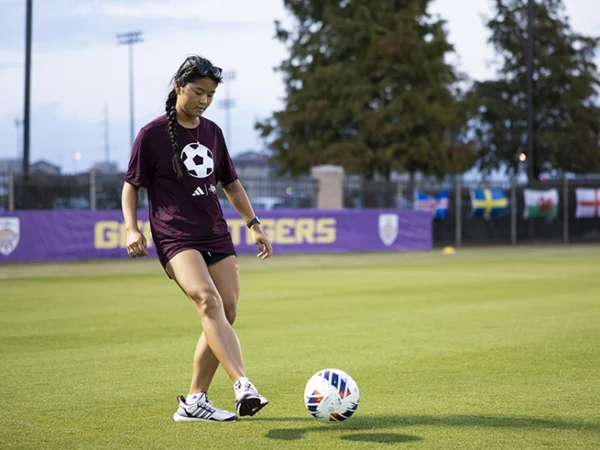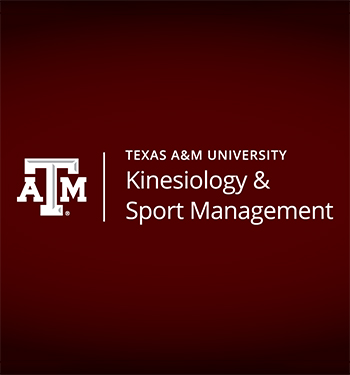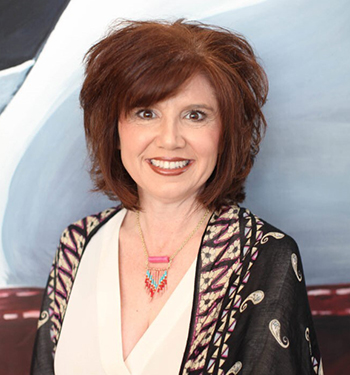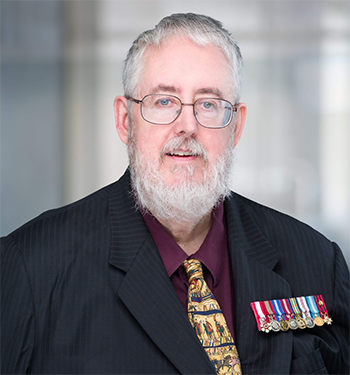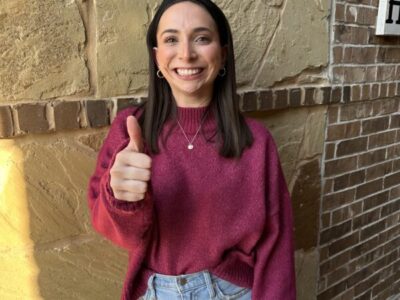Teaching community health workers to utilize family history for prevention
Dr. Lei-Shih (Lace) Chen, associate professor of health education, is helping rural Texas communities tap into family health history by educating community health workers about basic genetics through bilingual workshops.
Community health workers are lay health educators, typically without college degrees. They act as stakeholders in their community’s health and bridge the gap between underserved communities with health care systems.
“We need community health workers because, in the United States, we have a lot of underserved populations,” Chen said. “We need these people to advocate for their community and disseminate health education.”
Chen noticed a lack of geneticists and genetic counselors in rural areas with underserved populations; citing that even Bryan-College Station does not have a genetic counselor. These healthcare professionals are instrumental in providing genetic counseling, based on clues found in family health history.
In this Cancer Prevention and Research Institute of Texas funded research, she set out to create a workshop for community health workers to identify individuals with needs for genetic services, like genetic testing, that can provide early detection in diseases like colorectal cancer.
Using pared down health education curriculum, she developed a workshop in both English and Spanish for community health workers.
“They learn how to conduct a family history assessment and how to do a family history category, which is like a family history tree, and then based on this family history tree, the community health workers learn how to conduct a risk assessment,” Chen said.
Individuals are classified into high risk, average risk and low risk. Community health workers use these categories to assess which individuals need to be referred to geneticists and genetic counselors for further help.
“This research is important because you engage community health workers to conduct basic genetic education and services to identify high-risk people and help them get genetic services at no or low cost, which is helpful for those that are uninsured or are from a low-income family,” Chen said.
Chen’s workshops proved successful. Community health workers significantly improved their attitudes, intention, self-efficacy and knowledge regarding adopting the practices learned.
“A lot of community health workers, after the training, and within three months, went out and helped provide basic genetic education,” Chen said.
What is next?
Since publishing this research, she said many scholars and doctors have reached out asking how they can replicate her workshops to benefit underserved populations in their areas.
Chen is currently training more community health workers. So far, she has conducted nine workshops across Texas.
Learn more about Dr. Lei-Shih Chen.
Learn more about this research.
About the Writer
Heather is responsible for news coverage in the Department of Health and Kinesiology, as well as the Department of Educational Administration and Human Resource Development.
Articles by HeatherFor media inquiries, contact our Media Relations Coordinator, Ashley Green
Fundraising
To learn more about how you can assist in fundraising, contact Amy Hurley, Director of Development ahurley@txamfoundation.com or 979-847-9455



